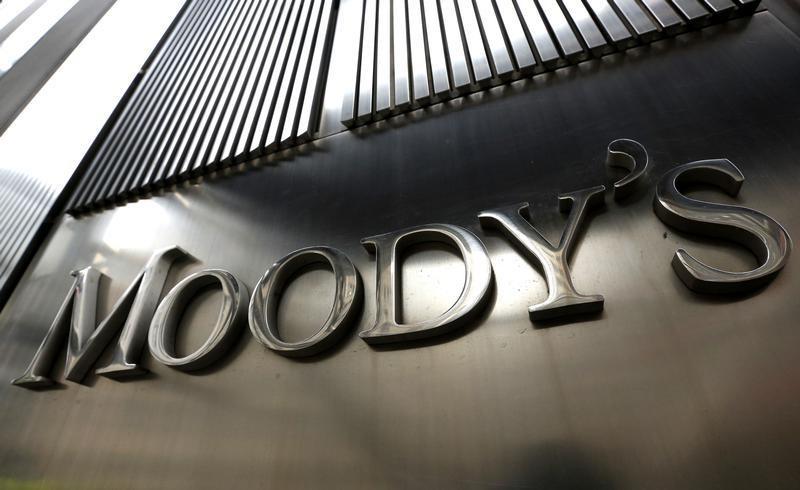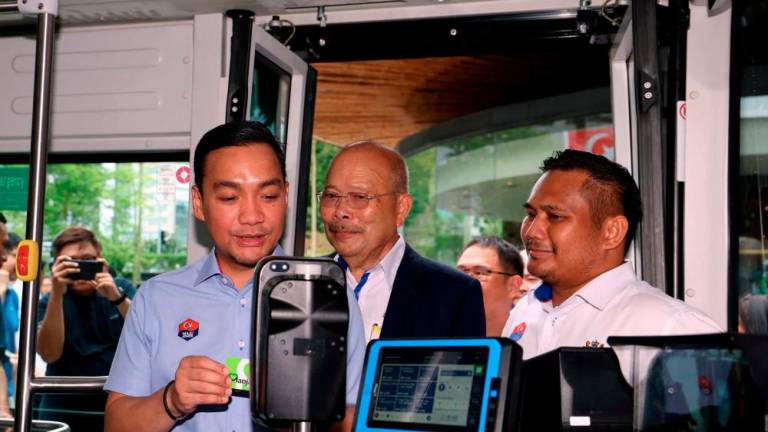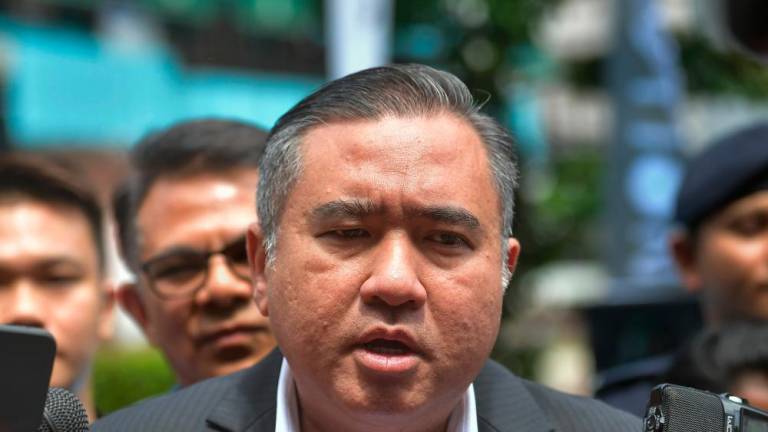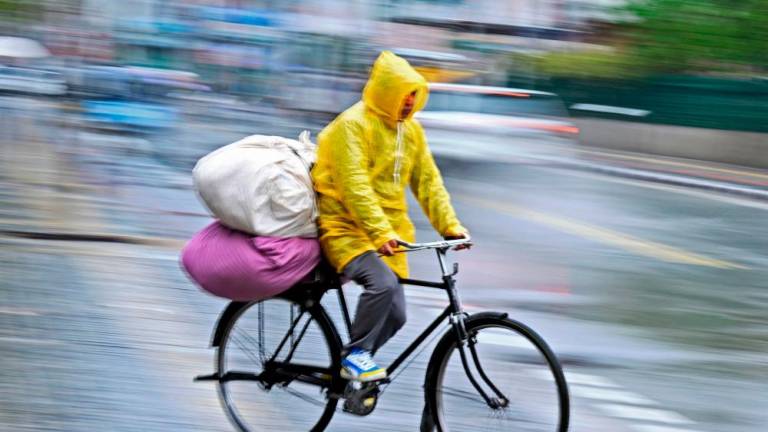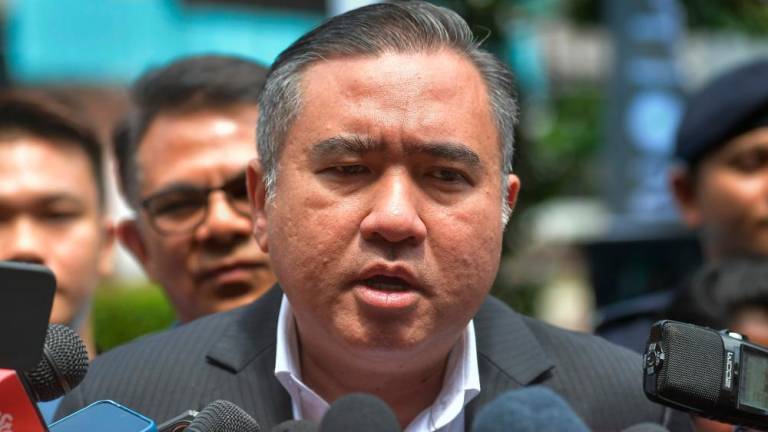KUALA LUMPUR: Malaysia is currently facing several challenges in continuing its growth trajectory, despite having made commendable progress over the past four decades, said Moody’s Analytics.
In a research note today, it said the challenges include income inequality -- a growing issue among Malaysian states, particularly between the richer manufacturing hubs and states that rely on agriculture and other natural resources like palm oil and mining.
“The country’s aging population appears to exacerbate this, as younger workers migrate to urban areas while the older population moves back to rural areas to retire,” it said.
It said Malaysia has also struggled to move up the value chain, and there are concerns of the country being stuck in the “middle income trap”-- unable to sustain high rates of growth to reach high-income status.
While manufacturing continues to drive economic growth, Moody’s Analytics said Malaysia is moving towards diversifying its economy through services such as tourism and Islamic banking.
“Prevailing demographic and human capital trends, however, indicate that urbanised areas would disproportionately benefit from this change in industry composition, widening the income gap between the states,” it said.
On long-term projection, Moody’s Analytics said Malaysia needs to adapt to broader trends, as being a net exporter of petroleum and palm oil, it is heavily dependent on volatile commodity prices and changes in global demand.
“However, crude oil’s share of exports has decreased steadily from a high of 6.5 per cent in 2008 to 3.7 per cent in 2018, while palm oil’s share has increased from 3.6 per cent in 2005 to a peak of 8.5 per cent in 2011, before falling back to 3.9 per cent in 2018.
“There has also been a move by key trading partners towards more environmentally friendly products.
“The European Union (EU), for instance, is looking at imposing new limits on food contaminants in refined fats and oils, including palm oil,” it said.
Meanwhile, Moody’s Analytics said the crude oil industry is also challenged by demand for cleaner energy.
“Malaysia has plans to diversify its energy sources, but on palm oil, it is planning to challenge the EU in the World Trade Organisation, rather than adapting to trends,” it added. -Bernama



